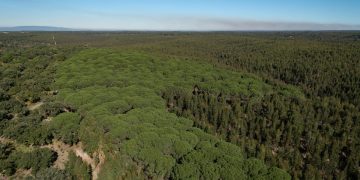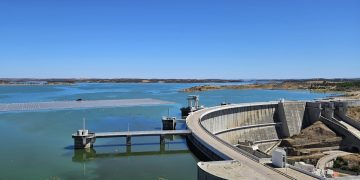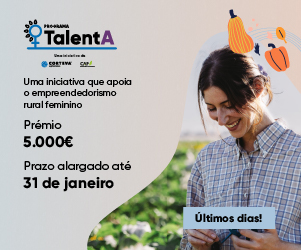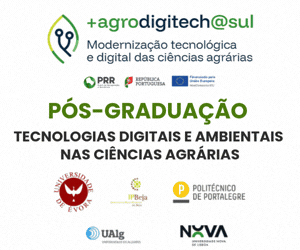The pro-GMO march held in Nairobi on February 1,0, 2023 was an opportune moment for a group of Kenyan university students to proclaim their support for genetically modified crops, which they see as a solution for the country’s acute food insecurity.
Their minds were unequivocal on the subject, their voices bold, their resolve and conviction palpable: GMOs are safe and good.
The students defended Kenya’s decision to adopt GMOs to complement efforts to feed its population amid a biting drought and a changing climate whose caprices have enfeebled the country’s agricultural production in recent years.
Joining farmers and pro-GMO activists in the procession through the streets of Nairobi, they hoisted placards and chanted to the energetic music of the parade.
As the rumble of drums and clash of cymbals receded, the students elaborated their position and sought to dispel fears that have been sown after a ban on GMOs was lifted.
Amid waves of misinformation and fear-mongering, the students reassured the public of the soundness and safety of GMOs.
“I’m happy to be here, engaged in the conversation about GMOs,” Peter Gichuki, a biotechnology student from the University of Nairobi, told the AfS.
“As a country, we should embrace this technology as a step towards attaining food security.”
Despite impressive economic growth that has seen it acquire middle-income status, Kenya still struggles to feed its population.
“We need to trust the systems that we have. Regulatory bodies have been put in place to ensure that products are good and fit for use.”
The World Food Program notes that access to adequate quantities of nutritious food remains a challenge for many Kenyans.
The shortfalls are attributed to rapid population growth, climate change, declining agricultural production, and inefficient food systems.
Gichuki spoke on behalf of the students and said Kenya’s adoption of GMOs gives impetus to the pursuits of biotechnology students in the country.
He implored Kenyans to put their trust in their regulatory systems, which have so far endorsed genetic modification for agricultural production.
Something that will offer us better results
“We need to trust the systems that we have. Regulatory bodies have been put in place to ensure that products are good and fit for use.”
Noting that GMOs play a complementary role in enhancing food production, Gichuki said that conventional crops have been adversely affected by climate change and ensuing ecological disruptions and can therefore not produce optimally.
GMOs help in ensuring a sustainable supply of food, as they are engineered to withstand the vagaries of climate change.
“We’ve been trying several technologies and approaches, some of which enable us to get more produce. However, with the current environmental state of affairs, it’s very difficult for our indigenous crops to grow as they did before,” he said.
“Right now, we need something that will offer us better results such as drought or pest resistance.”
“Do not curtail innovation, listen to science and allow it to contribute to solving our hunger and malnutrition challenges.”
Responding to concerns over the health implications of using GMOs, Gichuki again affirmed his confidence in regulation, saying Kenya’s regulatory authorities conduct due diligence on GMOs introduced to the market.
He banks on the veracity of studies and experiments within his university curriculum, which should assuage the general public against the incessant volleys of misinformation about GMOs.
“As a biotechnology student, the nature of our work involves a lot of testing and conducting experiments in the lab. Through those experiments, we can establish what these modifications do. It is also through such experiments that can infer what the changes translate to in the final product,” he said.
“We subject a multitude of crops to various tests at different levels that range from the laboratory to the greenhouse and eventually the field to see how they interact with other crops.”
A similar march was held in Uganda’s capital Kampala. It brought together the country’s students, scientists, farmers, and lecturers.
“RePlanet Africa is proud to stand in support of Kenya’s courageous action of lifting the ban on GMO importation and consumption. We celebrate this decision because innovation is the only way we shall feed our growing populations and enable agriculture to thrive in the face of climate change,” stated Patricia Nantenza, director of RePlanet Africa, which organized the marches.
“We call upon other governments in the region – Uganda, Tanzania, and others to emulate Kenya. Do not curtail innovation, listen to science and allow it to contribute to solving our hunger and malnutrition challenges. Starving populations are not productive populations. We can be compassionate to the poor and hungry by allowing them access to tools that can solve their basic needs of food.”
O artigo foi publicado originalmente em Cornell Alliance for Science.























































